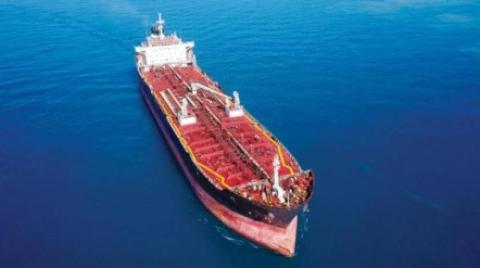
Sri Lanka on Thursday braced for the possibility of an oil spill after a cargo ship laden with chemicals sank off its western coast, in what is already the country"s worst ever man-made environmental disaster.
The Singapore-registered MV X-Press Pearl, carrying 1,486 containers, including 25 tonnes of nitric acid along with other chemicals and cosmetics, was anchored off the port city of Negombo when a fire erupted onboard after an explosion on May 20. read more
Flaming containers filled with chemicals tumbled into the sea from the ship"s deck as emergency crews sought to contain the blaze over the ensuing two weeks.
The ship, which was only four months old, began to sink early on Wednesday. A salvage crew tried to tow the vessel to deeper water, away from the coast, but the attempt was abandoned after the rear of the ship touched the sea bed.
The ship"s operators, X-Press Feeders, said in a statement on Thursday there were still no signs any of the 350 tonnes of a fuel oil had leaked from the ship, and that much of the toxic cargo had been incinerated in the fire.
"Salvors remain on scene to deal with any possible debris, supported by the Sri Lankan Navy and the Indian Coast Guard, who have oil spill response capabilities on standby," it said.
Sacks of collected plastic pellets washed off to a beach from the MV X-Press Pearl cargo ship, which caught fire and sank off the Colombo Harbour, are seen in Ja-Ela, Sri Lanka June 3, 2021. REUTERS/Dinuka Liyanawatte
Smoke rises from a fire onboard the MV X-Press Pearl vessel as it sinks while being towed into deep sea off the Colombo Harbour, in Sri Lanka June 2, 2021. Sri Lanka Airforce Media/Handout via REUTERS
Smoke rises from a fire onboard the MV X-Press Pearl vessel as it sinks while being towed into deep sea off the Colombo Harbour, in Sri Lanka June 2, 2021. Sri Lanka Airforce Media/Handout via REUTERS
1/4
Smoke rises from a fire onboard the MV X-Press Pearl vessel as it sinks while being towed into deep sea off the Colombo Harbour, in Sri Lanka June 2, 2021. Sri Lanka Airforce Media/Handout via REUTERS
But photos from the country"s coast guard showed a layer of green film blanketing the ocean surrounding the vessel, and billions of plastic pellets have already fouled surrounding beaches and fishing grounds, forcing the government to ban fishing along an 80-kilometre stretch of coast.
"From an environmental view it is Sri Lanka"s worst ever man-made disaster," said Charitha Pattiaratchi, a professor of coastal oceanography at the University of Western Australia.
The university"s modelling indicated the plastic pellets from the ship - the raw material for shopping bags - would travel as far as Indonesia, India and Somalia, he added.
The Sri Lankan government has said it would seek redress for the incident.
"We hope to get compensation in accordance with local and international law. We will never give up on that effort," the ports and ports development minister, Rohitha Abeygunewardene, told a news conference late on Wednesday.
"We will calculate the cost from the beginning of this incident and claim compensation."
Singapore authorities said on Thursday they had started their own investigation into the incident.











